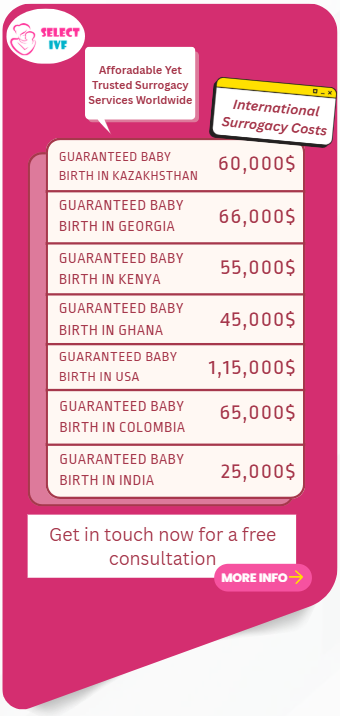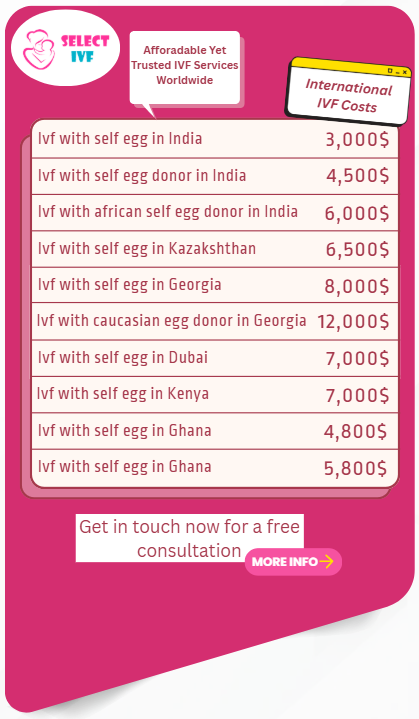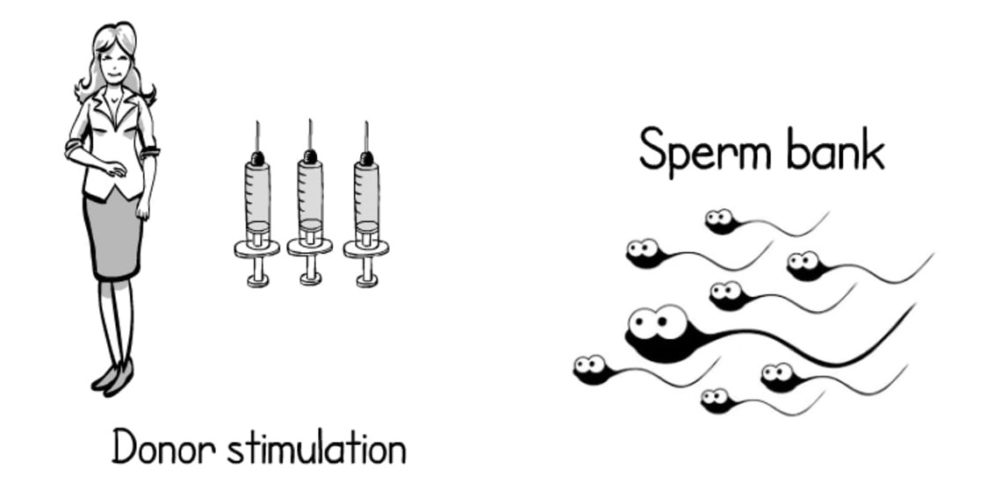Embryo donation is a remarkable and compassionate option in the realm of fertility treatment, offering a glimmer of hope to those struggling to conceive. In this comprehensive blog post, we will delve into the intricacies of embryo donation, exploring its significance, the process involved, legal considerations, and the emotional journey experienced by both donors and recipients. As we embark on this enlightening journey, it is essential to understand the profound impact that embryo donation can have on individuals and couples longing to build their families.
Understanding Embryo Donation
Embryo donation involves giving unused embryos from IVF to another individual or couple. This altruistic option allows recipients to experience pregnancy and childbirth. It raises ethical and legal considerations, requiring careful understanding of the process and implications for all parties involved in the fertility journey.
Definition and Concept: Embryo donation involves the generous act of individuals or couples who have successfully undergone in vitro fertilization (IVF) and have embryos remaining. Instead of discarding these embryos or freezing them indefinitely, donors choose to gift them to other hopeful parents struggling with infertility. This act of generosity provides an alternative pathway for those unable to conceive with their own genetic material.
The Gift of Life: Embryo donation transcends the physical act of conception; it is a gift of life, love, and compassion. Donors contribute not only biologically but also emotionally, offering recipients a chance to experience the joys of pregnancy and parenthood.
The Embryo Donation Process
Screening and Matching: The first step in the embryo donation process involves the screening of both donors and recipients. Donors typically undergo thorough medical and genetic screening to ensure the health and viability of the embryos. Simultaneously, recipients are evaluated to determine their suitability for the procedure. Matching donors with recipients involves careful consideration of factors such as physical characteristics, medical history, and preferences.
Legal Considerations: Navigating the legal aspects of embryo donation is crucial to ensuring a smooth and ethical process. Clear and comprehensive legal agreements are drafted to outline the rights and responsibilities of both parties. Issues such as parental rights, future contact, and the disposition of any remaining embryos are addressed to avoid potential conflicts.
Embryo Transfer: Once the matching process is complete and all legal considerations are addressed, the embryo transfer procedure takes place. This involves the implantation of the donated embryos into the uterus of the recipient. The success of the procedure is influenced by various factors, including the quality of the embryos and the receptivity of the recipient’s uterus.
Benefits and Challenges of Embryo Donation:
Benefits: Embryo donation presents a multitude of benefits for both donors and recipients. For donors, it provides an opportunity to give the gift of life and bring joy to another family. Recipients, on the other hand, benefit from the chance to experience pregnancy and childbirth, often achieving a genetic connection with their child.
Challenges: While the rewards of embryo donation are profound, it is essential to acknowledge the challenges that may arise. Legal complexities, emotional considerations, and the uncertainty of success are aspects that require careful attention and support. Open communication and guidance from fertility professionals are crucial in navigating these challenges.
Ethical Considerations in Embryo Donation
Embryo donation raises ethical considerations surrounding consent, privacy, and the future well-being of the child. Balancing the interests of donors, recipients, and potential offspring is crucial, emphasizing the importance of transparent communication, thorough counseling, and ethical practices in the complex realm of assisted reproductive technologies.
Ensuring Informed Consent
In the realm of assisted reproductive technology, informed consent is a cornerstone of ethical practice. Donors and recipients must be fully informed about the process, potential risks, and the implications of their decisions. This ensures that all parties involved enter into the arrangement willingly and with a clear understanding of the journey ahead.
Respect for Autonomy
Respecting the autonomy of donors and recipients is paramount. This includes acknowledging their right to make decisions about the use of their genetic material, maintaining confidentiality, and ensuring that their choices align with their values and beliefs.
The Role of Fertility Clinics in Embryo Donation
Fertility clinics play a pivotal role in embryo donation, facilitating the process of matching donors with recipients. These specialized clinics navigate legal, medical, and ethical considerations, ensuring a seamless and supportive experience for individuals or couples involved in embryo donation for their journey towards parenthood.
Facilitating the Process
Fertility clinics play a pivotal role in facilitating the embryo donation process. From initial screening to legal guidance and medical procedures, clinics are instrumental in ensuring a seamless and ethical journey for both donors and recipients. Choosing a reputable and experienced clinic is crucial for the success and well-being of all parties involved.
Counseling and Support Services
Comprehensive counseling and support services are integral components of the embryo donation process. Fertility clinics should offer psychological support to donors and recipients, addressing the emotional aspects of the journey. This includes counseling sessions, support groups, and resources to help individuals navigate the complexities of their experiences.
Conclusion
Embryo donation emerges as a beacon of hope in the vast landscape of fertility treatments, offering an alternative path to parenthood for those facing challenges in conceiving with their own genetic material. This comprehensive exploration of embryo donation has illuminated its significance, the intricacies of the process, and the emotional landscapes traversed by donors and recipients alike.
As we conclude this journey, it is evident that embryo donation is not just a medical procedure; it is a profound and altruistic act that brings together individuals and couples with a shared goal—building families and creating new beginnings. In embracing the possibilities of embryo donation, we embrace the power of compassion, love, and the enduring spirit of the human desire for connection and family.









